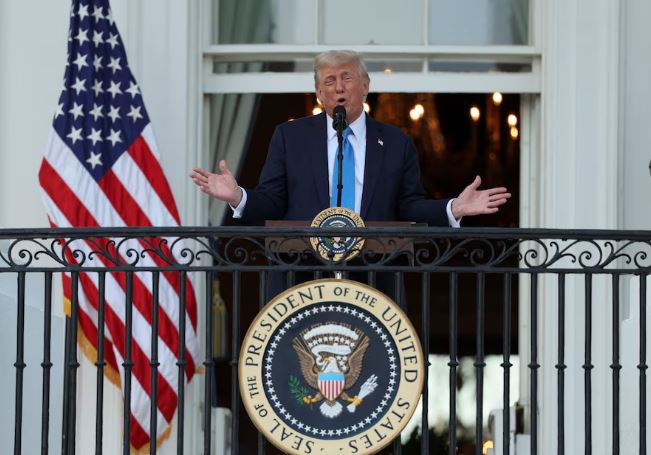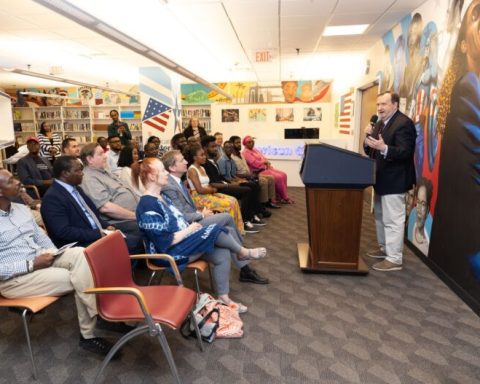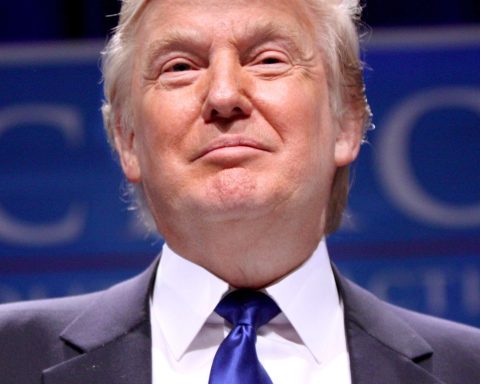The United States President Donald Trump has banned citizens of 12 countries from entering the U.S.
In a proclamation released on Wednesday, Trump said the action was necessary to protect the country against “foreign terrorists” and other security threats.
Join our WhatsApp ChannelTrump, who assumed office in January as the 47th president of the U.S., has embarked on an immigration crackdown, aimed at freeing the country of illegal immigrants and foreign nationals who pose a security threat.
The countries affected by the latest travel ban are Afghanistan, Myanmar, Chad, Congo, Equatorial Guinea, Eritrea, Haiti, Iran, Libya, Somalia, Sudan and Yemen.
The administration also imposed partial travel restriction on some other countries like Venezuela, Cuba, Laos, Sierra Leone, Burundi, Togo, and Turkmenistan.
Those who are exempted
The proclamation contains some exemptions to the travel ban.
According to his proclamation, here are some of the people who may still be able to enter the US:
- Athletes travelling for major sporting events, like the World Cup or the Olympics
- Holders of “immigrant visas for ethnic and religious minorities facing persecution in Iran”
- Afghan nationals holding Special Immigrant Visas
- Any “lawful permanent resident” of the US
- Dual nationals who have citizenship in countries not included in the travel ban
Also, the proclamation says the Secretary of State may grant exemptions to individuals on a “case-by-case” basis, if such people would serve the United States’ national interest.
The travel ban will take effect on 9 June 2025.
READ ALSO: Trump Extends EU Tariff Deadline Until July 9
“We will not allow people to enter our country who wish to do us harm,” Trump said in a video posted on X. adding that the list could be revised and new countries could be added.
A ban on travel from seven countries with a majority of Muslims was issued by Trump during his first term in office, which ran from 2017 to 21. The policy underwent multiple revisions before the Supreme Court upheld it in 2018.
In 2021, former President Joe Biden, a Democrat who replaced Trump, declared the ban on citizens of Iran, Libya, Somalia, Syria, and Yemen to be “a stain on our national conscience” and declared it an end.
According to Trump, the nations his administration imposed the strictest restrictions on, were those found to have a “large-scale presence of terrorists,” are unable to cooperate on visa security, have poor criminal history records, have high rates of visa overstays in the US, and are unable to verify the identities of travelers.
.














